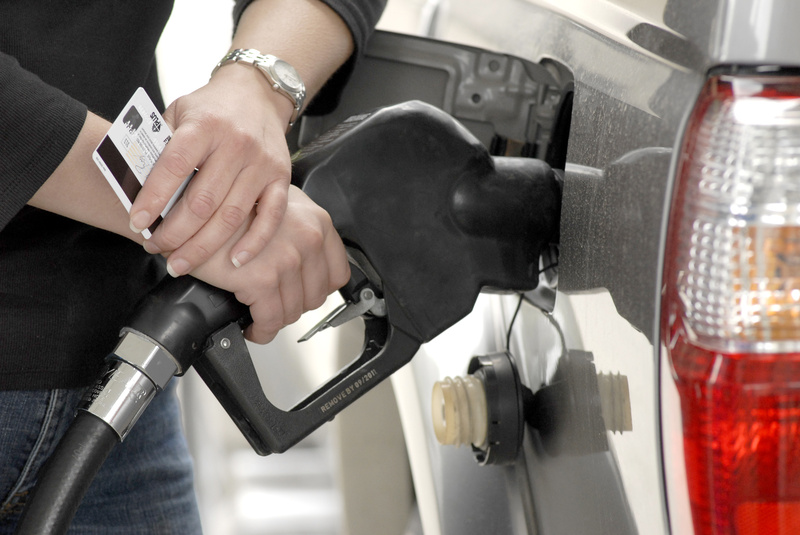Like a lot of things the government does, this one started with good intentions.
increasing the percentage of alcohol in gasoline sold to consumers, the Environmental Protection Agency hopes to reduce air pollution. Also, increasing the use of an alternative fuel derived domestically from plants would reduce the nation’s dependence on foreign oil.
Unfortunately, like a lot of things that the government does, the new EPA rules released Friday come with some unintended consequences.
While most cars built since 2001 can operate on fuel that is 15 percent ethanol, older cars cannot. And neither can other types of gas engines, like the ones that power boats, snowmobiles and chain saws.
Fuel with a higher ethanol content can damage those engines. And engines with the wrong fuel will run inefficiently and produce dirtier emissions than they would using fuel with a lower ethanol content.
To prevent this from happening, gas stations would have to offer two kinds of fuel, and consumers would have to know enough about the needs of their engines to make the right selection. This sounds like a recipe for confused consumers and wasted resources.
Even if you put aside questions about corn-based ethanol – which makes food prices increase and requires substantial subsidies to be cost-competitive – changing these rules is not a good idea. That’s the position of members of Maine’s congressional delegation, who, in an era of partisan divisiveness, have found common ground.
“EPA must not only take steps to prevent consumer confusion and dangerous misfueling, but also ensure that our nation’s fuel supply remains compatible and safe for older and non-road engines that are in such widespread use today,” said Republican Sen. Susan Collins in a statement issued last week.
“The current ethanol mix has already made headaches for Mainers by damaging small engines never meant for this kind of fuel,” said Democratic 1st District Rep. Chellie Pingree. “This is not the way to energy independence or sustainability.”
The new fuel needs to clear some regulatory hurdles before it appears at pumps, so there are still opportunities to slow the process down. That’s what should happen. The intentions may be good, but in this case that’s not good enough.
Send questions/comments to the editors.



Success. Please wait for the page to reload. If the page does not reload within 5 seconds, please refresh the page.
Enter your email and password to access comments.
Hi, to comment on stories you must . This profile is in addition to your subscription and website login.
Already have a commenting profile? .
Invalid username/password.
Please check your email to confirm and complete your registration.
Only subscribers are eligible to post comments. Please subscribe or login first for digital access. Here’s why.
Use the form below to reset your password. When you've submitted your account email, we will send an email with a reset code.